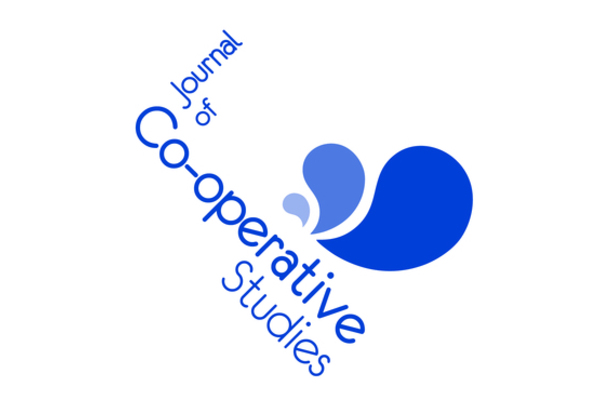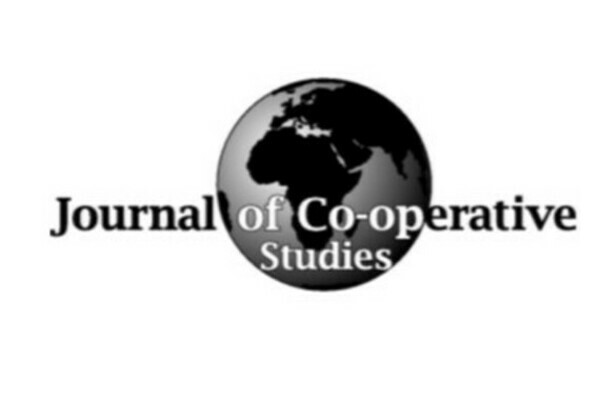Editorial
Ian Pyper, pp. 3-4
Pyper (2005) - JCS 38(2) Editorial
Peer reviewed papers
Annual report readership and understanding: A co-operative perspective.
Beverley Lord, Yvonne Shanahan & Alan Robb, pp. 5-21
Explaining nonprofit organisation: The social value approach
Vladislav Valentinov, pp. 22-36
Short papers
'Nonprofits' and 'third sector': From definitional vagueness to potentials for innovation.
Yair Levi, pp. 37-43
Evans, R., Broome, N., 2005, pp. 44-49
Book reviews
Reviewed by Brian Rose, pp. 50-51
Reviewed by Pauline McClenegham, pp. 52-54
T.W. Mercer: The William Morris of the co-operative movement. By David Lazell.
Reviewed by John Hammond, pp. 55-56










